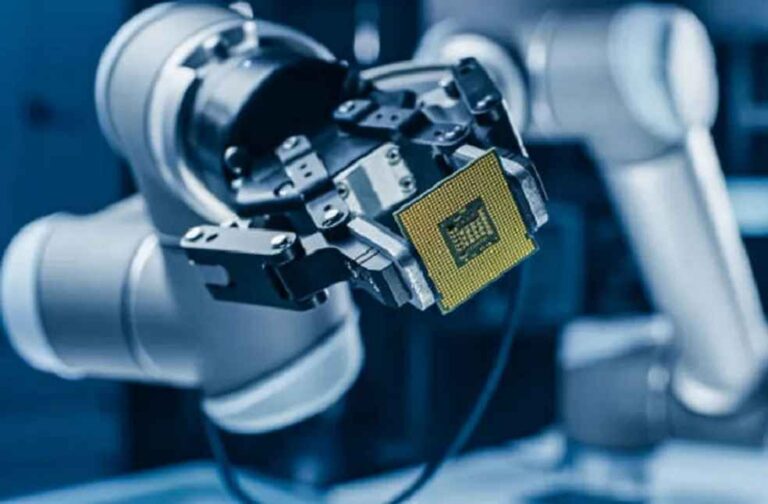Maruti Suzuki India, the country’s largest carmaker, continues to face “vulnerable supply side bottlenecks” due to the ongoing global semiconductor shortage, according to Rahul Bharti, Maruti Suzuki India Executive Officer (Corporate Affairs). Despite efforts to source electronic components from multiple suppliers, the company could not produce around 1.7 lakh units last fiscal, and uncertainty persists in the current fiscal year.
Bharti stated that Maruti Suzuki is working to remove superfluous semiconductor usage in certain models and trims to minimize consumption. However, the company remains vulnerable to supply bottlenecks, with Bharti acknowledging that the first quarter of the ongoing fiscal year will be tough and uncertainty is still prevalent.
Semiconductors play a crucial role in modern automobiles, which increasingly feature electronic components like Bluetooth connectivity, driver-assist, navigation, and hybrid-electric systems. Responding to a query, Bharti confirmed plans to introduce strong hybrid technology in more models, following the positive response to its introduction in the Grand Vitara.
As for sales growth, Bharti stated that the Society of Indian Automobile Manufacturers (SIAM) predicts the passenger vehicle industry will grow between 5-7 percent this fiscal year, and Maruti Suzuki aims to exceed this growth rate. MSI CFO Ajay Seth revealed an Rs 8,000 crore capex for the current fiscal, which will be allocated to the construction of the Sonipat plant, new model development, and existing infrastructure maintenance.
Seth also emphasized Maruti Suzuki’s strengthening presence in the sports utility vehicle (SUV) segment with models like Brezza and Grand Vitara, and upcoming models Jimny and Fronx, as the company aims to secure a leadership position in the SUV market.
SPECIAL STORY: Surge in GCC Electric Vehicle Market: A Promising Future Ahead





